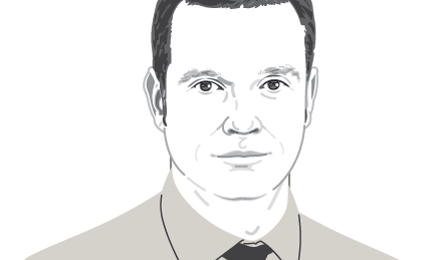The focus on problems at French reactor firm Areva fails to recognise Russia’s success at exporting nuclear technology

There was more bad news for the nuclear sector last month, as the world’s largest nuclear company, the French state-owned Areva, announced it needed to cut 6,000 jobs from its global workforce over the next two years. The company reported a massive €4.8 billion loss for 2014, its fourth consecutive annual loss. The company has been hit by problems building its latest EPR reactor and a general slowdown in the nuclear market after the Fukushima disaster in 2011.
The issues with the EPR are severe. This month, Finnish electricity company, TVO, cancelled an option to buy a second EPR for its Olkiluoto 3 plant. Unsurprising, considering the first EPR is nine years behind schedule and has an estimated cost overrun of €6 billion.
There’s no doubt Fukushima harmed the progress of the nuclear sector worldwide. But to blame the financial meltdown at Areva on general market slowdown misses the wider industry picture.
According to the World Nuclear Association, there are 60 nuclear reactors being constructed around the world. Russian company Rosatom is responsible for the building of 29 of those, in 12 different countries. By contrast, Areva is building two, one for its own home market, and has not sold a new reactor since 2007. US company Westinghouse is similarly hamstrung, restricted by a reluctance to build new reactors in its domestic market. The company is building eight of its next generation of reactors, the AP1000. The first is expected to be completed in China by 2016.
If the comparative strength of Rosatom is a surprise, it’s because of the under-reporting of Russian industrial activities in Western media. Analysts attribute its success to the Russian government, keen and willing to finance expensive reactors and do business in many places the Western companies will not, in order to expand its global influence.
It’s easy to paint Russia as the villain. But if companies like Areva and Westinghouse don’t make progress, there is a strong chance the bulk of the international nuclear market is ceded to Russian interests.